H.R. 4091: Locating Every Disbursement in Government Expenditure Records Act
This bill, known as the **Locating Every Disbursement in Government Expenditure Records Act** or the **LEDGER Act**, aims to enhance the traceability of federal government expenditures. Here are the main points of the bill:
Purpose
The LEDGER Act seeks to create a systematic approach for tracking government spending. It focuses on ensuring that all financial transactions from various government accounts are accurately monitored and reported.
Key Provisions
- Implementation of Tracking System: Within 180 days after the bill becomes law, the Secretary of the Treasury is required to set up a system that tracks all outlays from different financial sources related to federal expenditures. This includes tracking expenses from appropriations, receipts, or any other fund accounts.
- Inclusion of All Government Branches: The tracking system will cover funding disbursements across all three branches of the government: executive, legislative, and judicial. This comprehensive scope aims to provide a clear view of government spending.
- Tracking Requirements: The system will also monitor the availability periods of the funds in question, ensuring that the timing of expenditures is clearly documented.
Impact on Transparency
The bill aims to improve transparency in government spending by ensuring that detailed records of disbursements are maintained. This enhanced traceability could potentially help identify how federal funds are allocated and used, allowing for greater accountability among government entities.
Amendments to Existing Law
The bill proposes amendments to existing legal codes, specifically adding a new section on traceability of expenditures to Title 31 of the United States Code, which governs the financial operations of the federal government.
Administrative Responsibilities
The Secretary of the Treasury will be tasked with the responsibility to design and implement the tracking system, indicating a high-level commitment to financial accountability within the federal government.
Expected Outcomes
By enacting this legislation, the sponsors expect to create a more transparent governmental financial system that can lead to improved fiscal management and public trust in government operations.
Relevant Companies
None found.
This is an AI-generated summary of the bill text. There may be mistakes.
Sponsors
61 bill sponsors
-
TrackMike Haridopolos
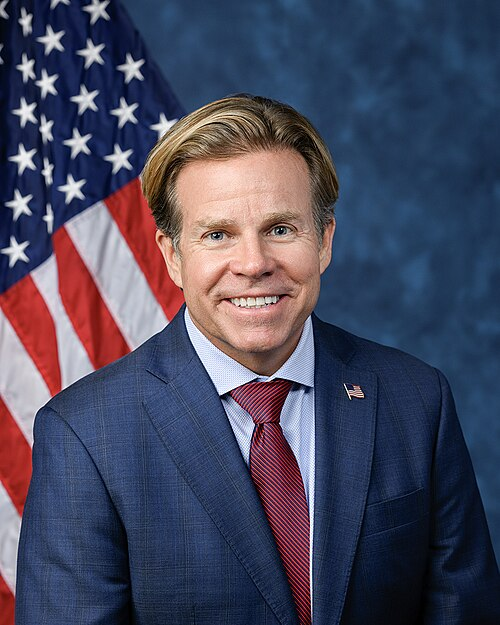
Sponsor
-
TrackAndy Barr
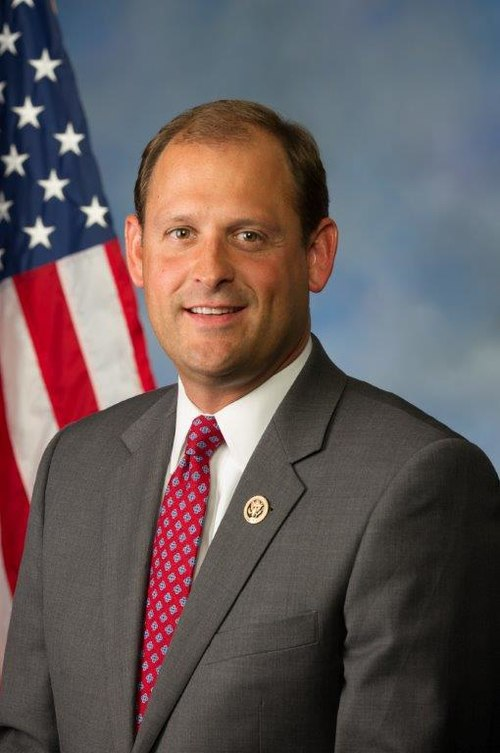
Co-Sponsor
-
TrackTom Barrett
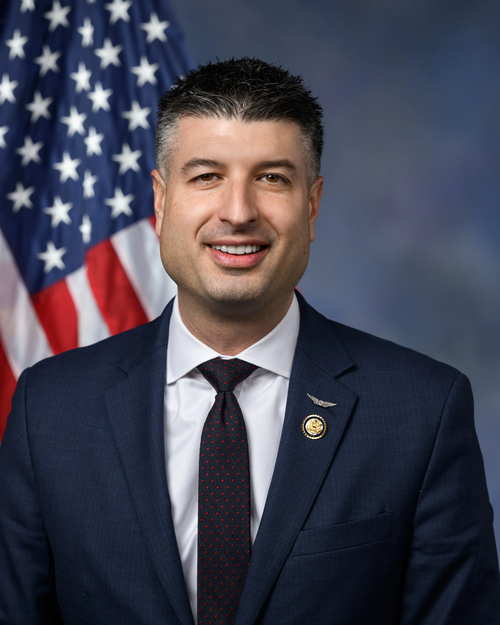
Co-Sponsor
-
TrackMichael Baumgartner
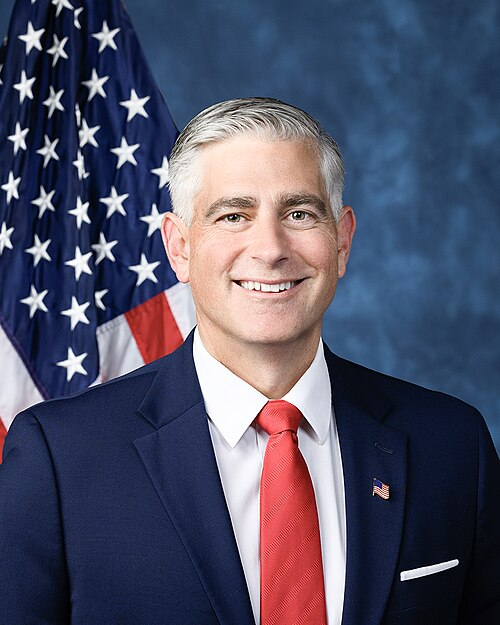
Co-Sponsor
-
TrackNicholas Begich

Co-Sponsor
-
TrackGus M. Bilirakis

Co-Sponsor
-
TrackVern Buchanan
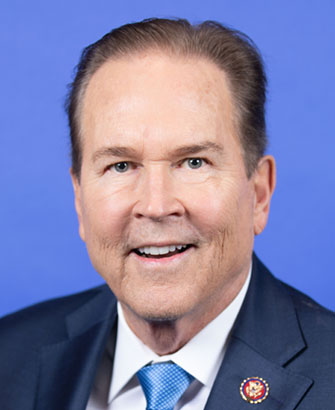
Co-Sponsor
-
TrackMike Collins

Co-Sponsor
-
TrackJeff Crank
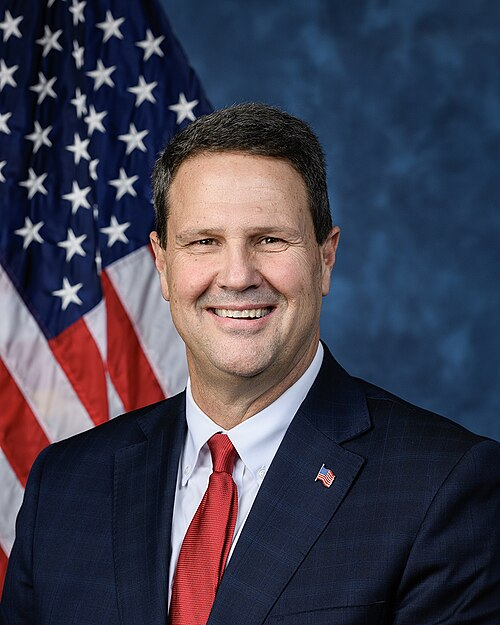
Co-Sponsor
-
TrackWarren Davidson
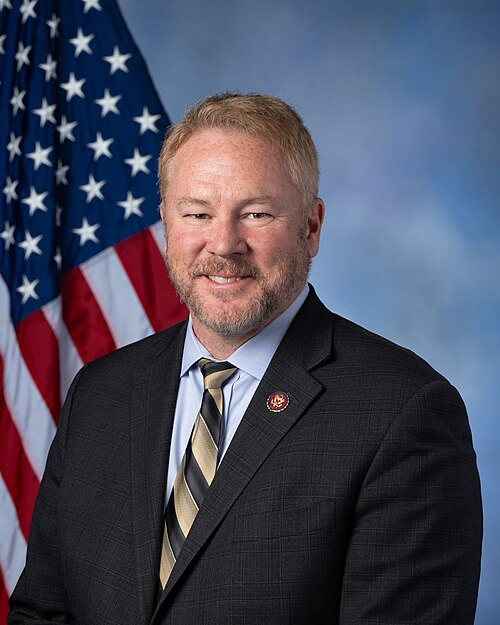
Co-Sponsor
-
TrackByron Donalds
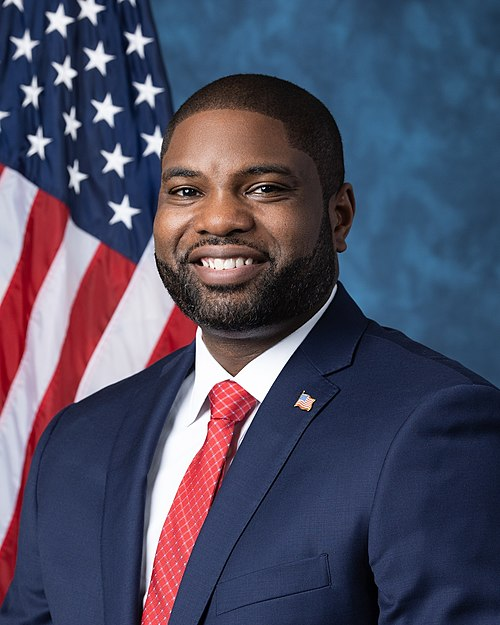
Co-Sponsor
-
TrackTroy Downing
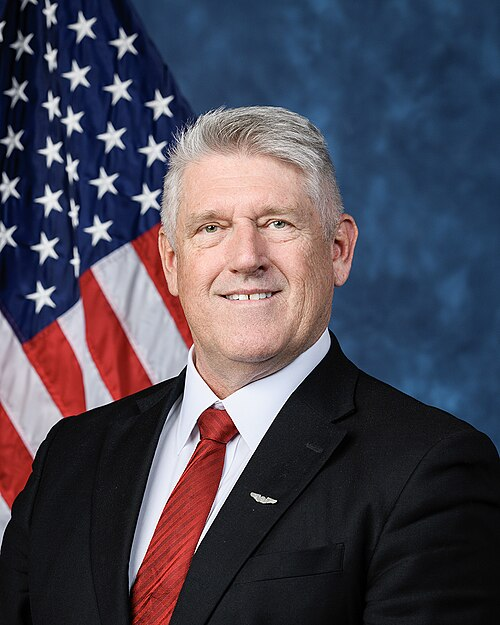
Co-Sponsor
-
TrackNeal P. Dunn
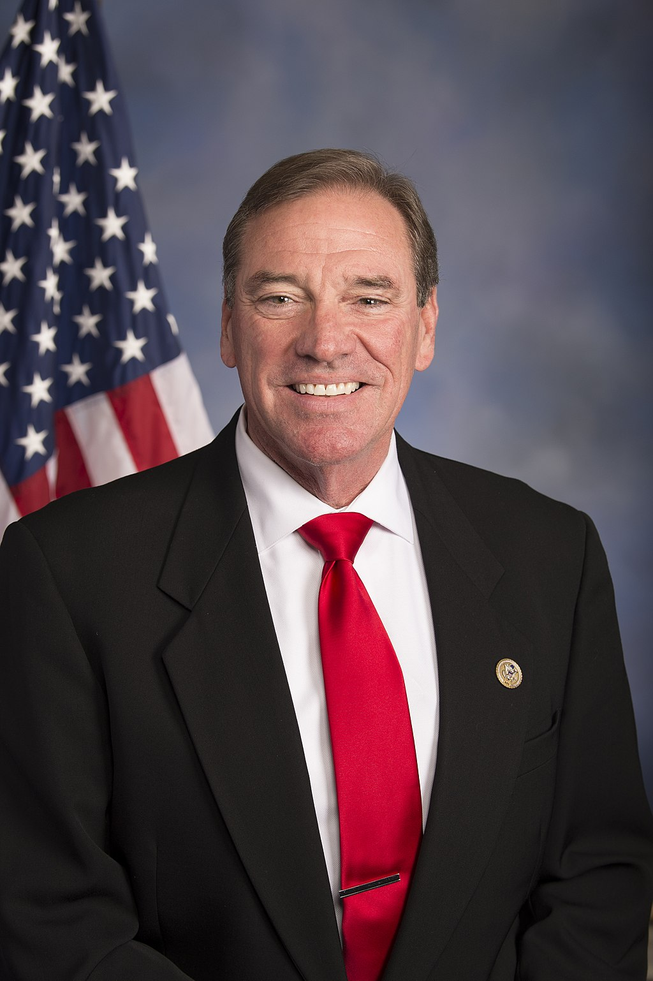
Co-Sponsor
-
TrackChuck Edwards

Co-Sponsor
-
TrackMike Ezell

Co-Sponsor
-
TrackJulie Fedorchak

Co-Sponsor
-
TrackRandy Fine

Co-Sponsor
-
TrackBrad Finstad
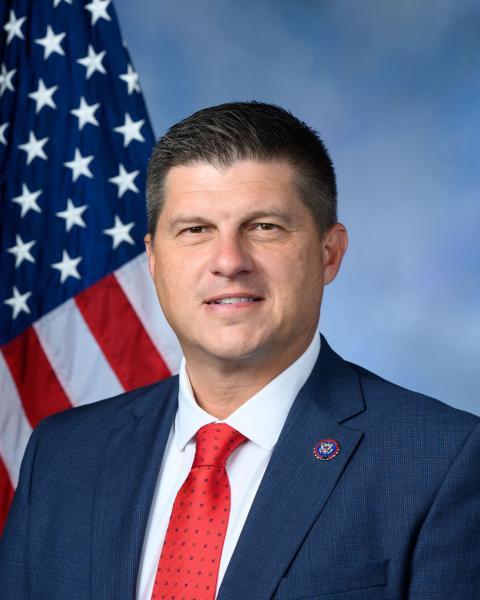
Co-Sponsor
-
TrackScott Fitzgerald
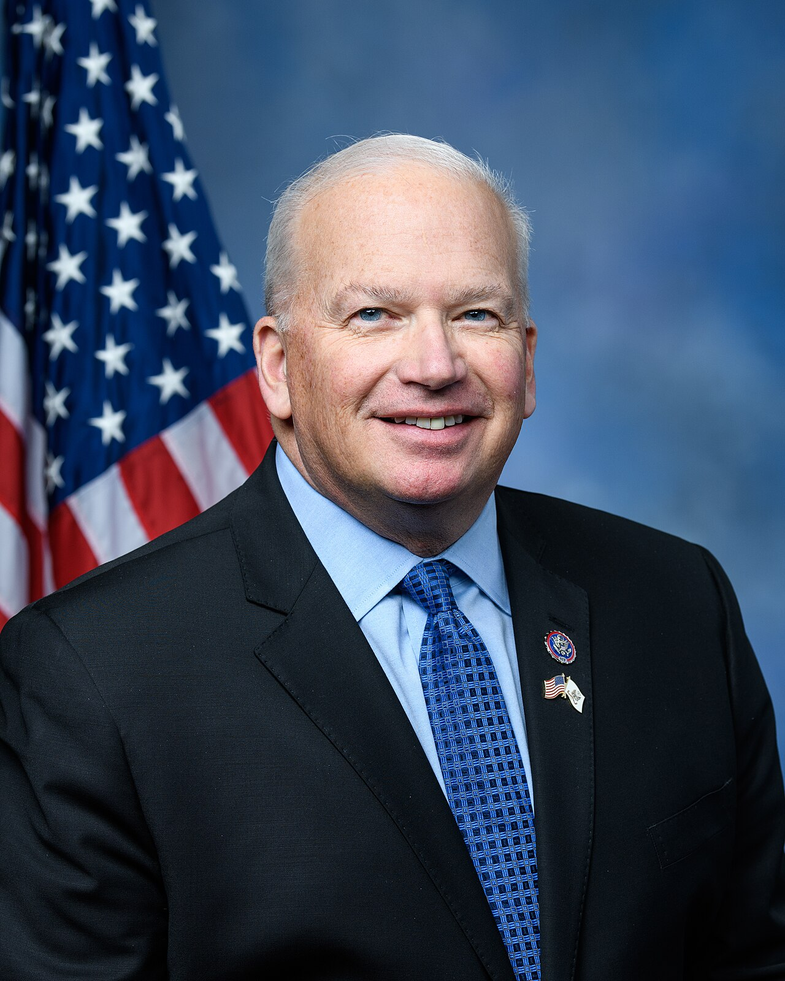
Co-Sponsor
-
TrackMike Flood
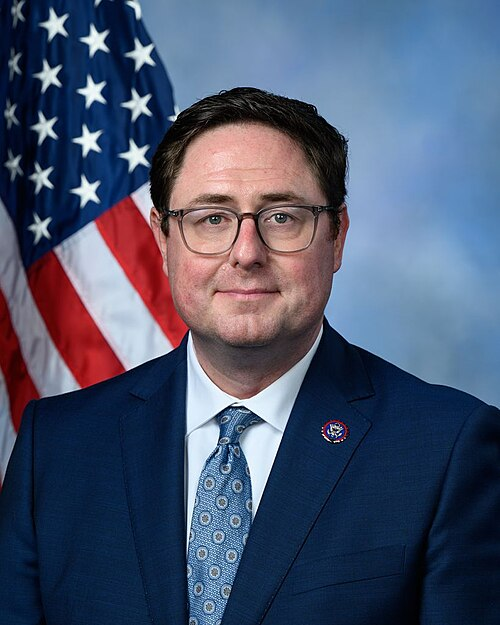
Co-Sponsor
-
TrackScott Franklin

Co-Sponsor
-
TrackRussell Fry
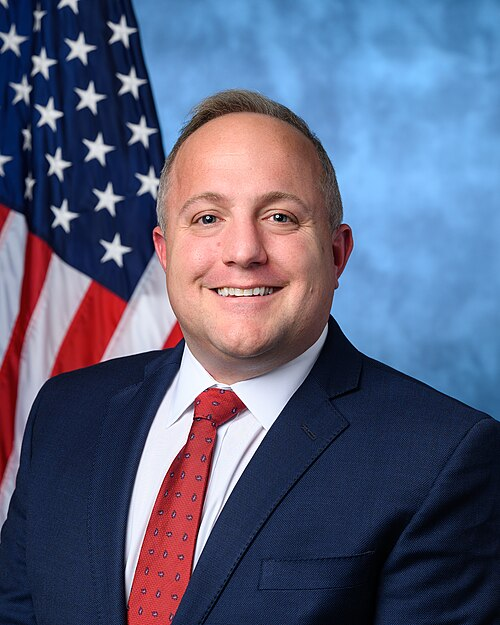
Co-Sponsor
-
TrackBrandon Gill
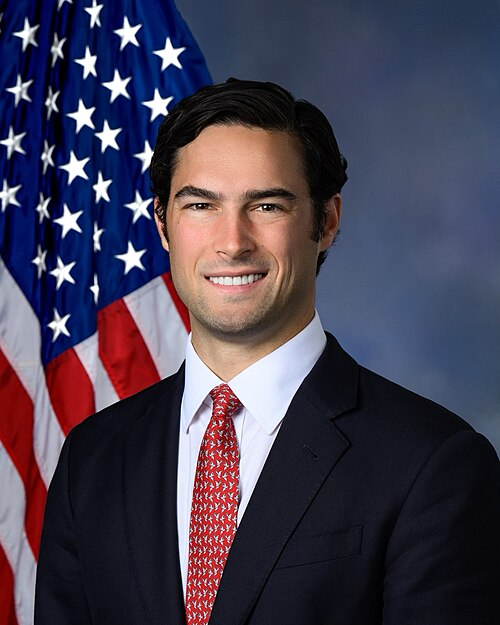
Co-Sponsor
-
TrackCraig Goldman
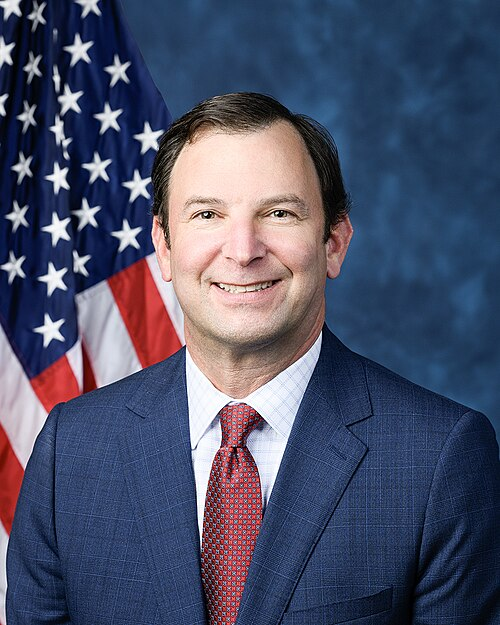
Co-Sponsor
-
TrackMichael Guest
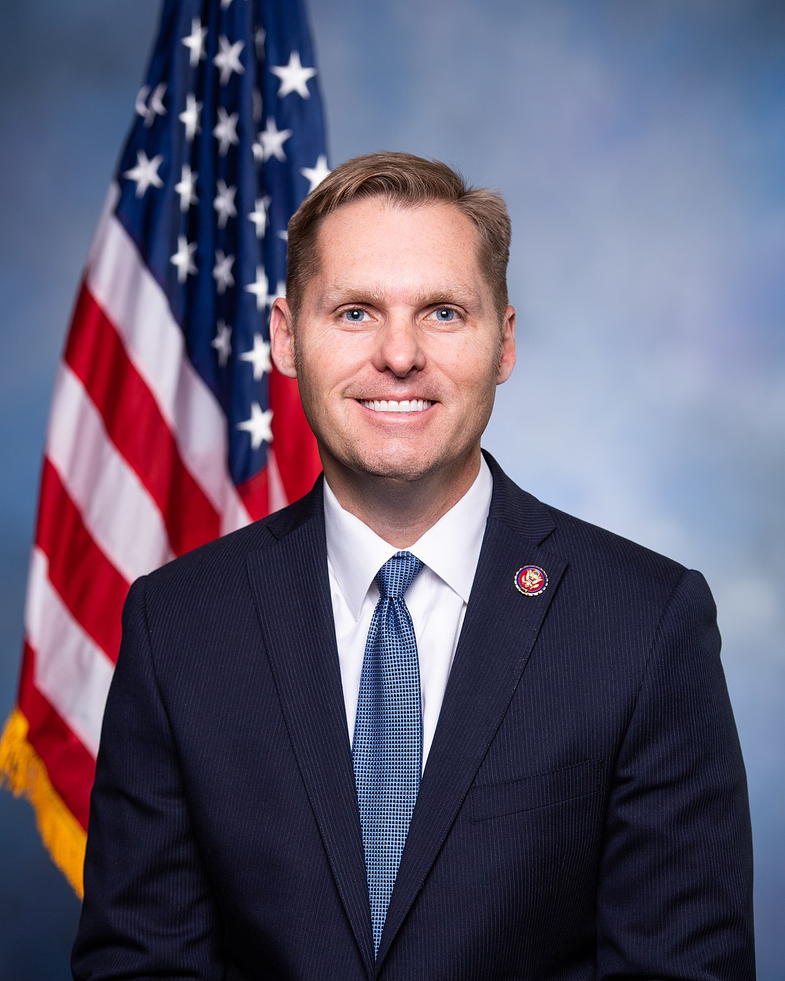
Co-Sponsor
-
TrackAbraham Hamadeh

Co-Sponsor
-
TrackDiana Harshbarger

Co-Sponsor
-
TrackErin Houchin
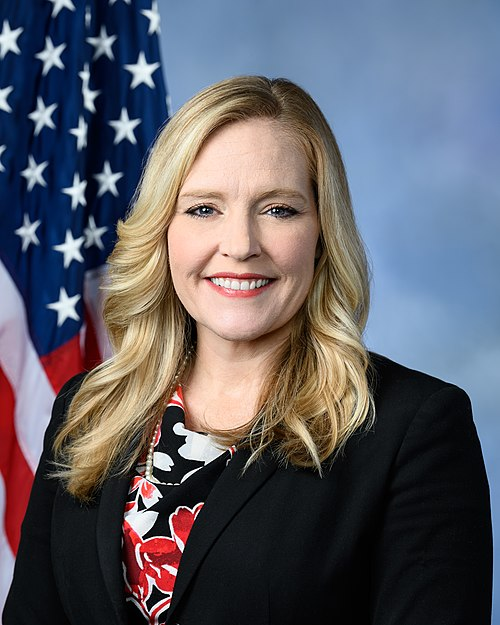
Co-Sponsor
-
TrackBill Huizenga
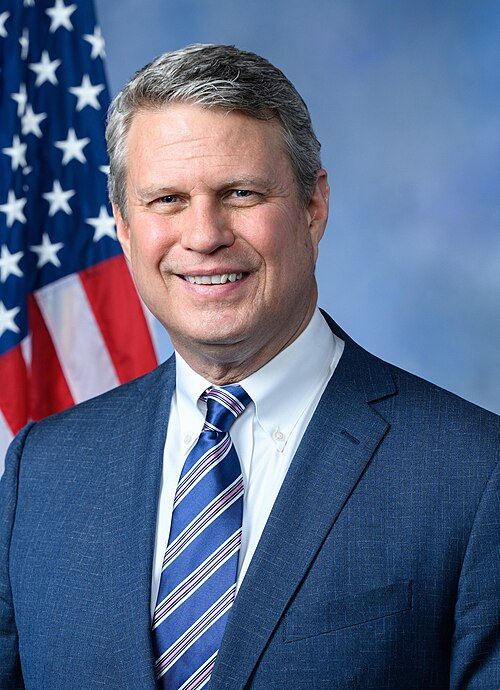
Co-Sponsor
-
TrackRonny Jackson
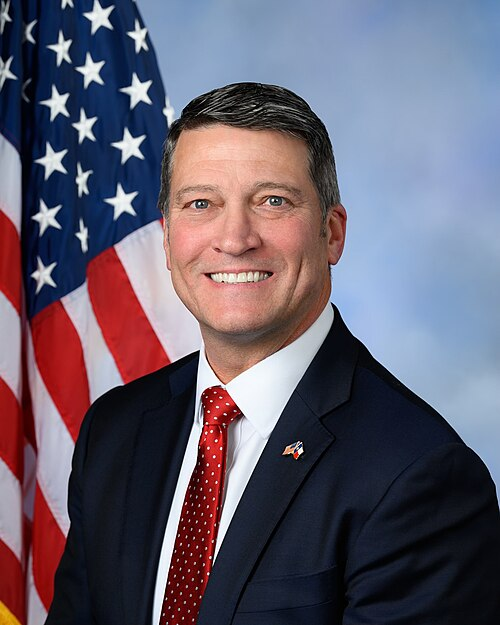
Co-Sponsor
-
TrackMike Kennedy

Co-Sponsor
-
TrackKimberlyn King-Hinds
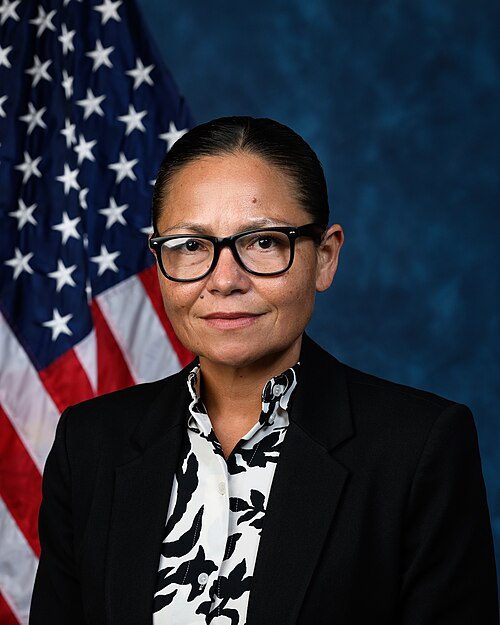
Co-Sponsor
-
TrackBrad Knott
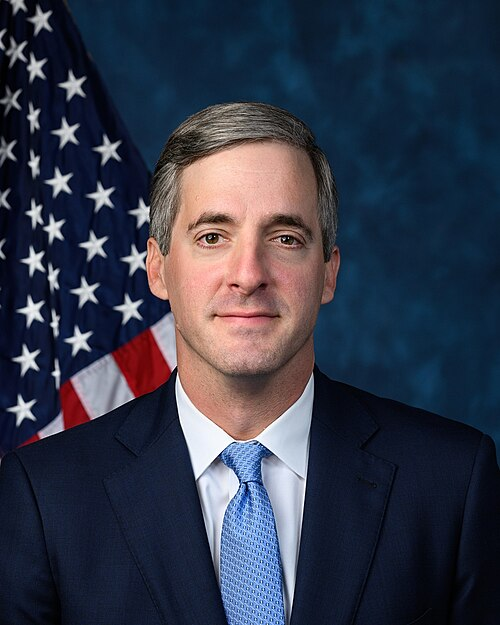
Co-Sponsor
-
TrackLaurel M. Lee
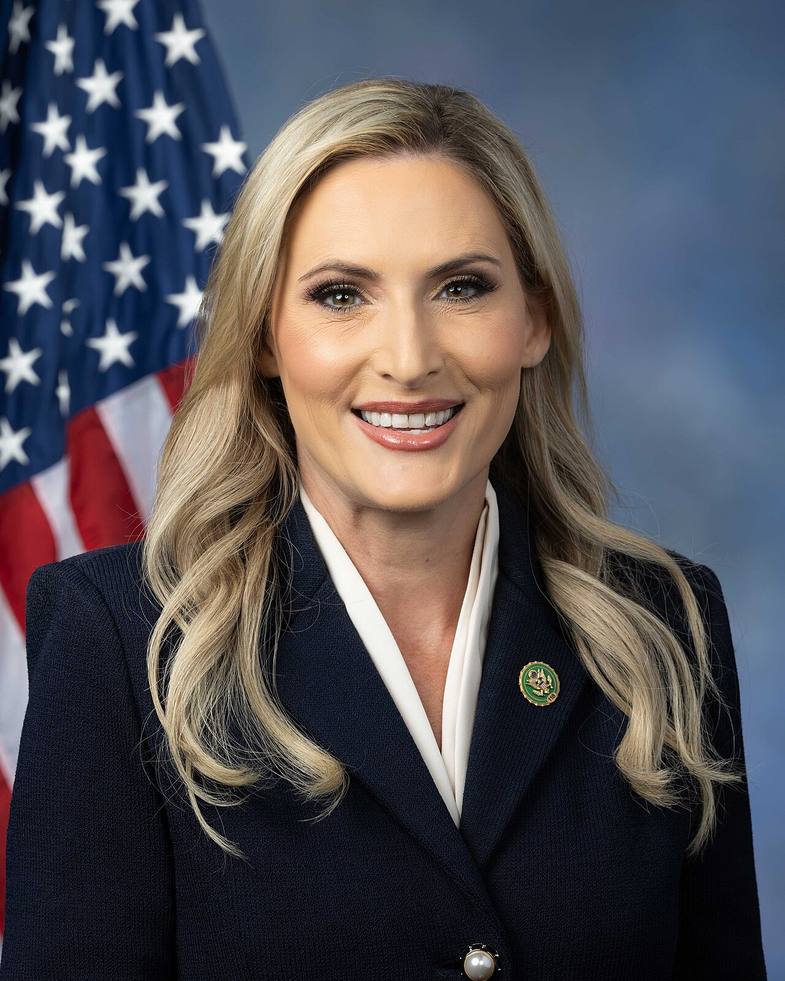
Co-Sponsor
-
TrackAnna Paulina Luna
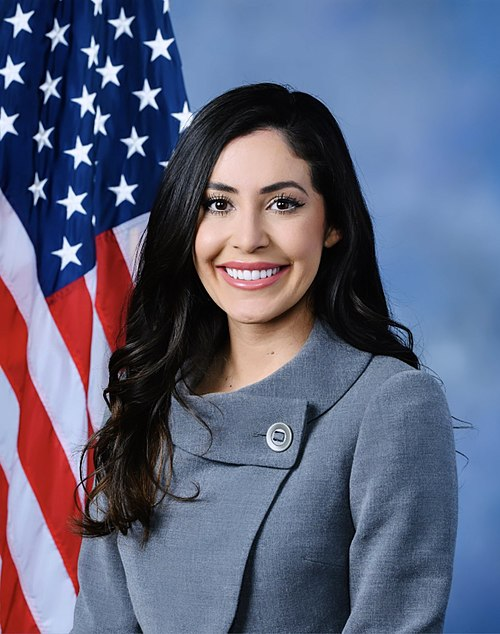
Co-Sponsor
-
TrackNancy Mace
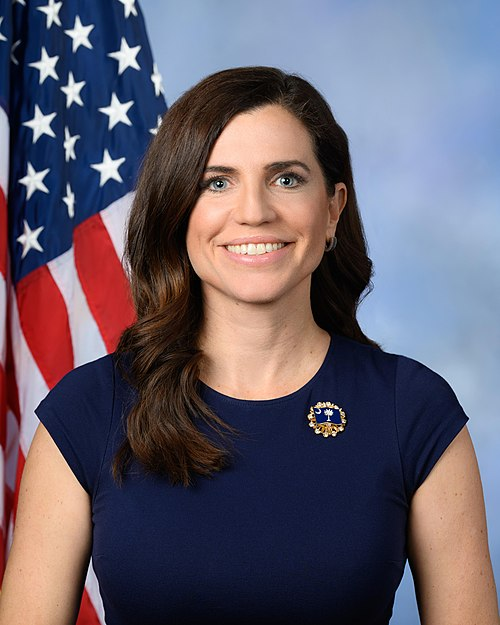
Co-Sponsor
-
TrackAddison McDowell
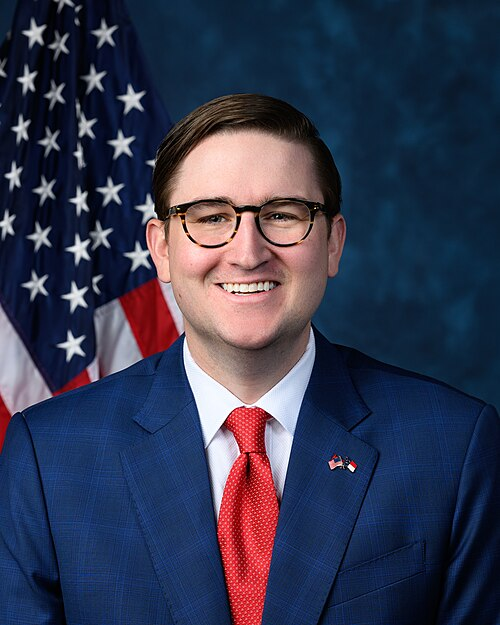
Co-Sponsor
-
TrackJohn McGuire
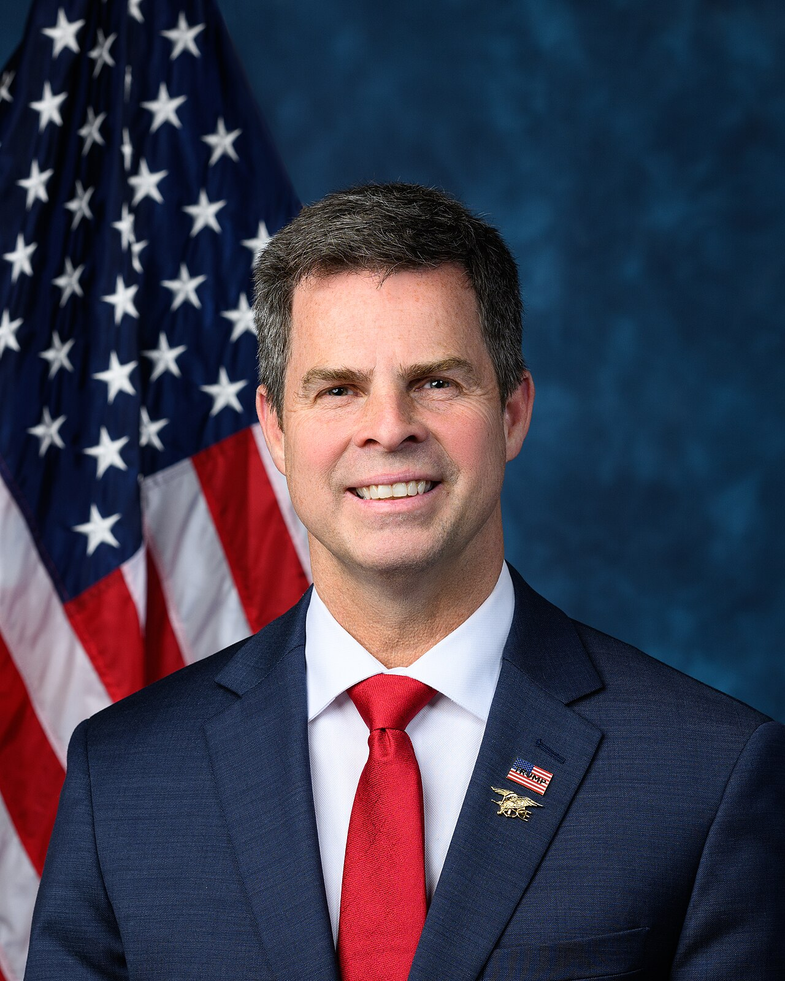
Co-Sponsor
-
TrackMark Messmer
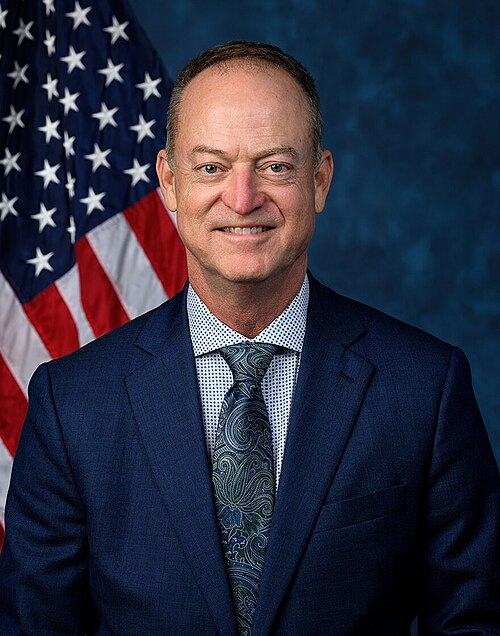
Co-Sponsor
-
TrackRiley Moore

Co-Sponsor
-
TrackBarry Moore

Co-Sponsor
-
TrackTim Moore

Co-Sponsor
-
TrackTroy E. Nehls
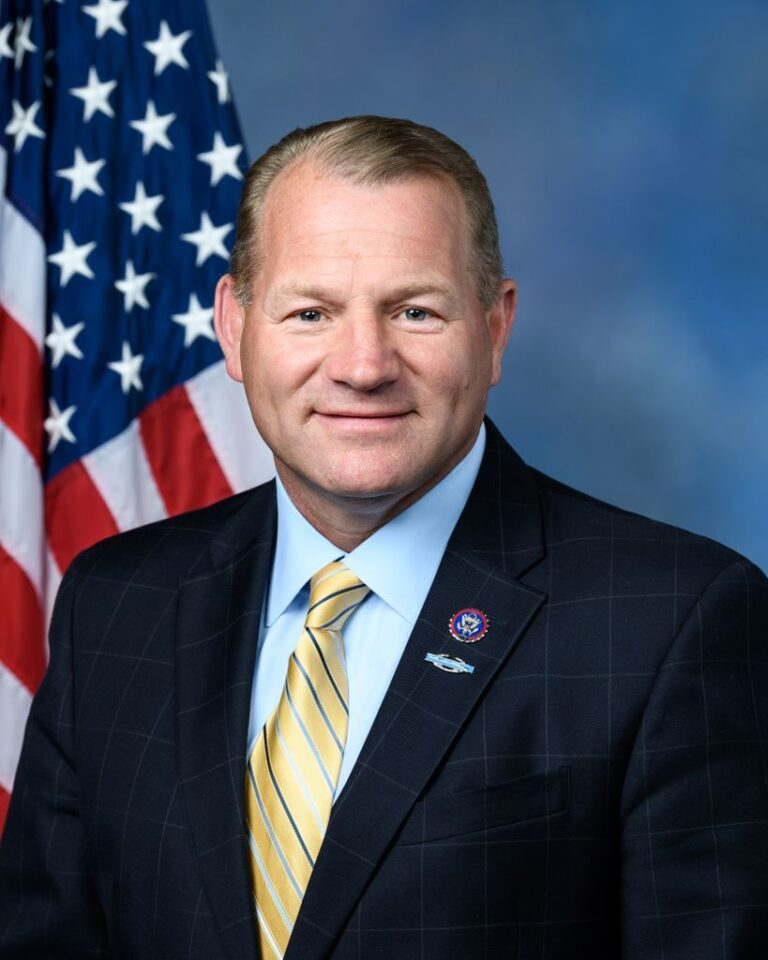
Co-Sponsor
-
TrackRobert Onder
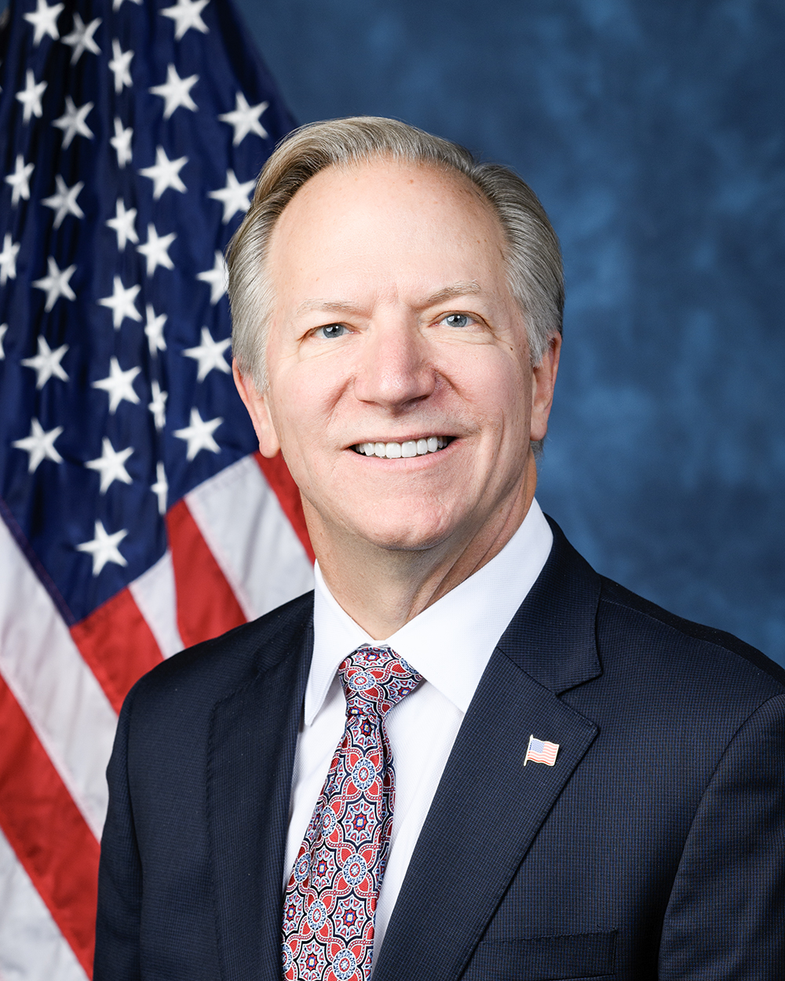
Co-Sponsor
-
TrackGary J. Palmer
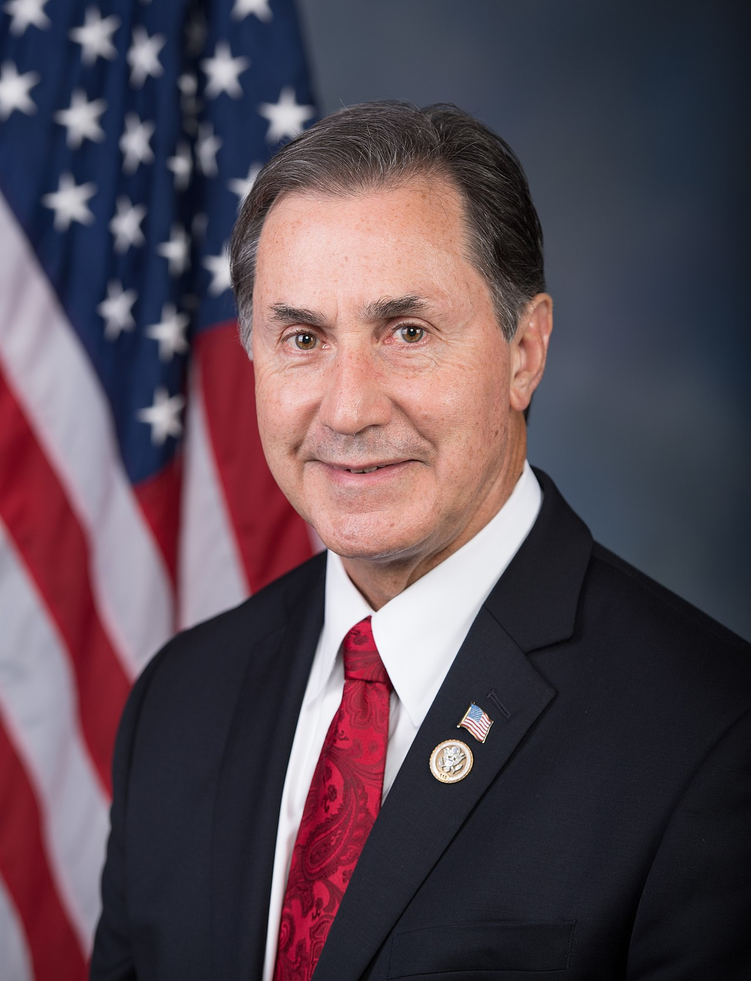
Co-Sponsor
-
TrackJimmy Patronis

Co-Sponsor
-
TrackScott Perry

Co-Sponsor
-
TrackAugust Pfluger
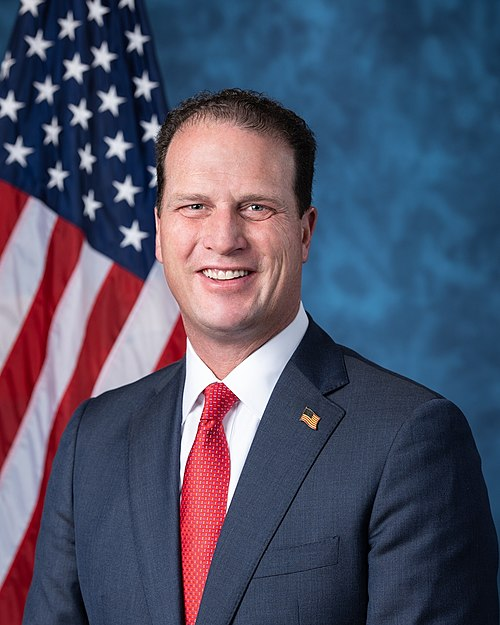
Co-Sponsor
-
TrackJohn W. Rose
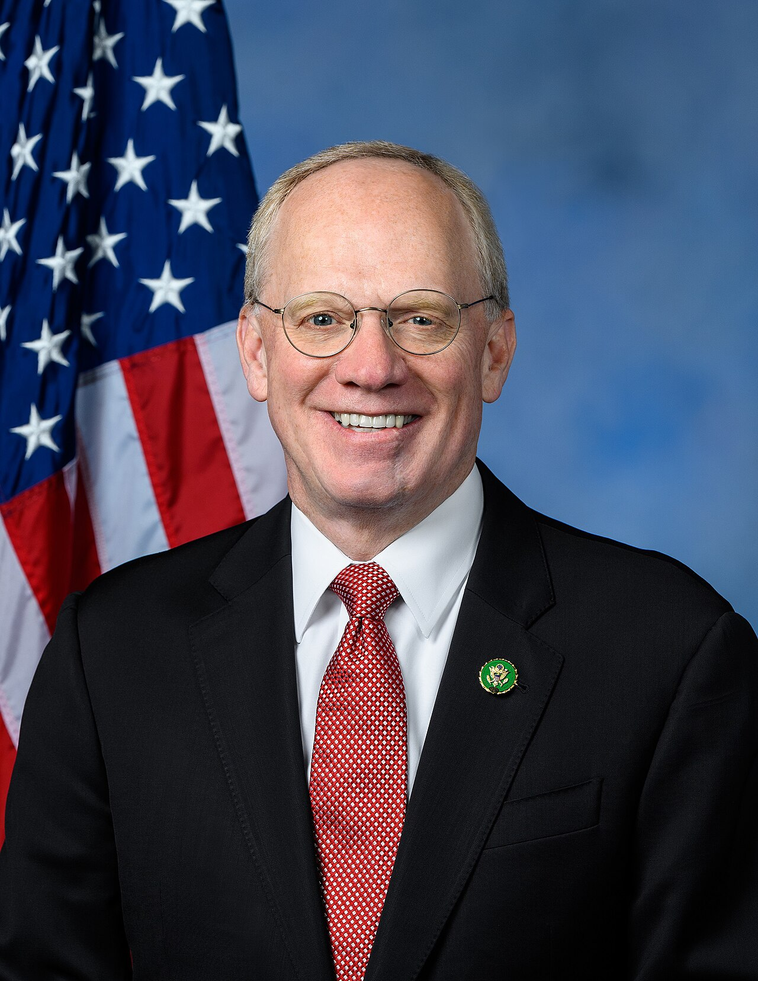
Co-Sponsor
-
TrackMichael A. Rulli
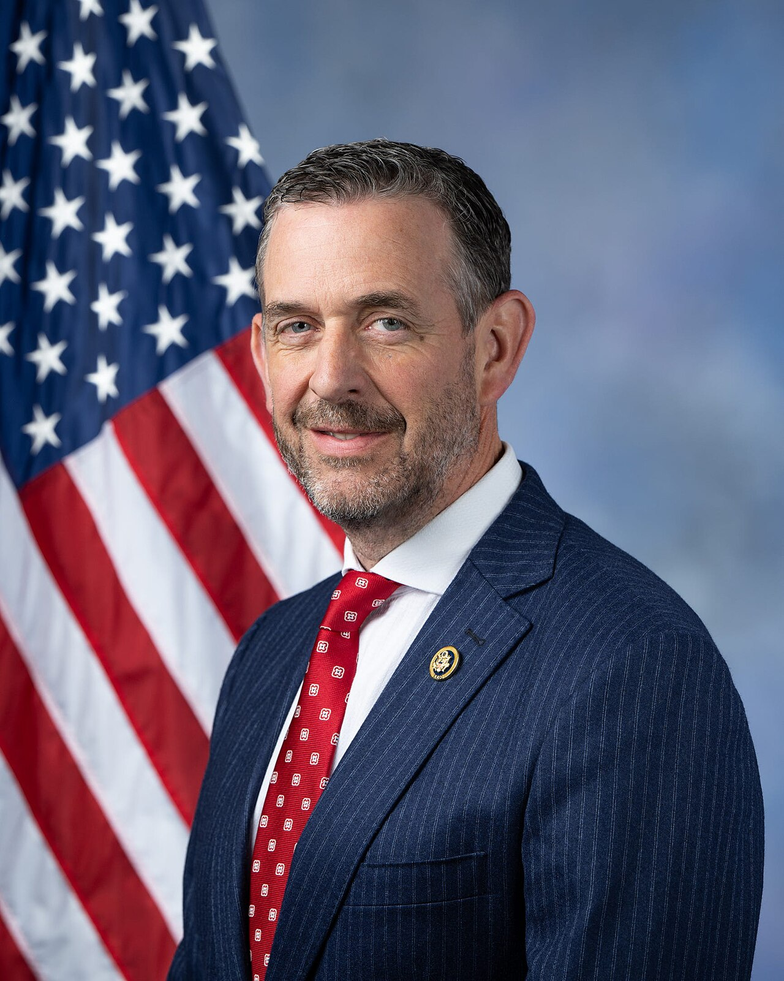
Co-Sponsor
-
TrackJohn H. Rutherford
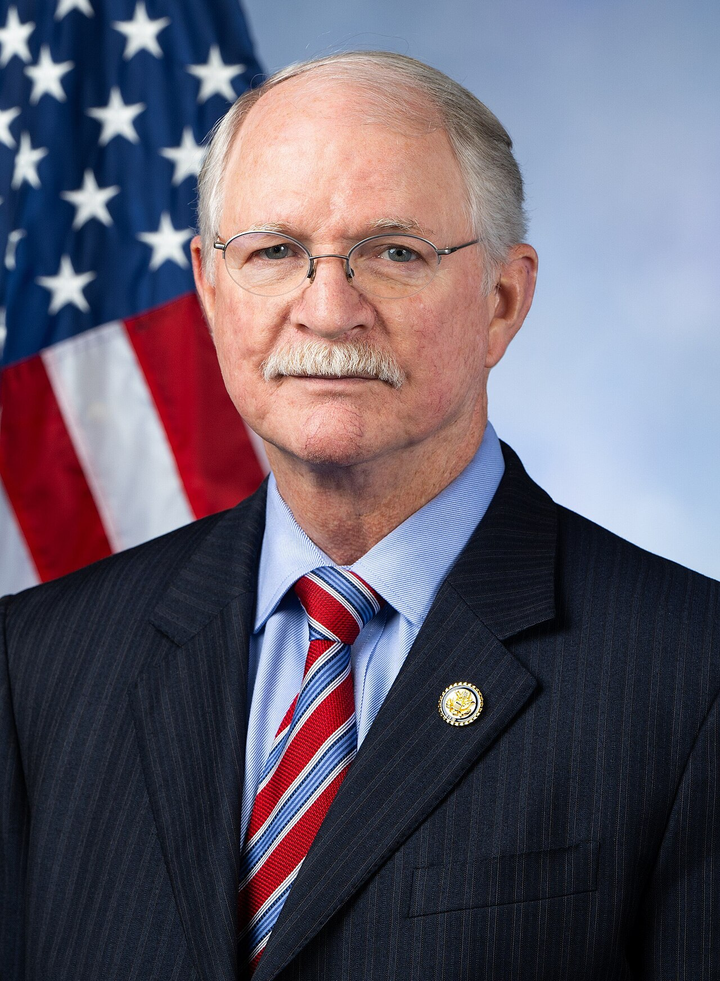
Co-Sponsor
-
TrackDerek Schmidt
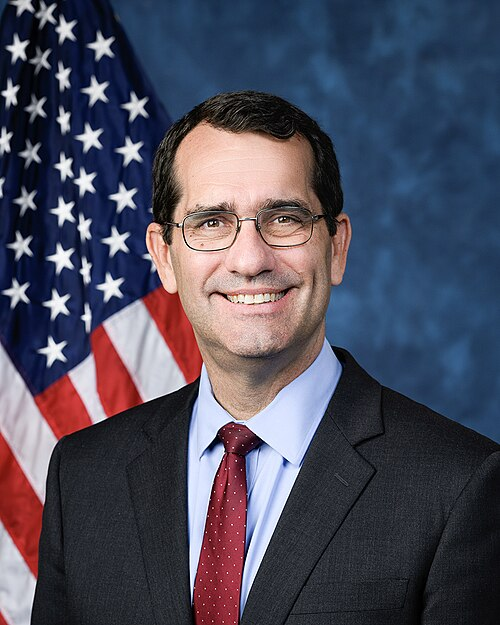
Co-Sponsor
-
TrackKeith Self
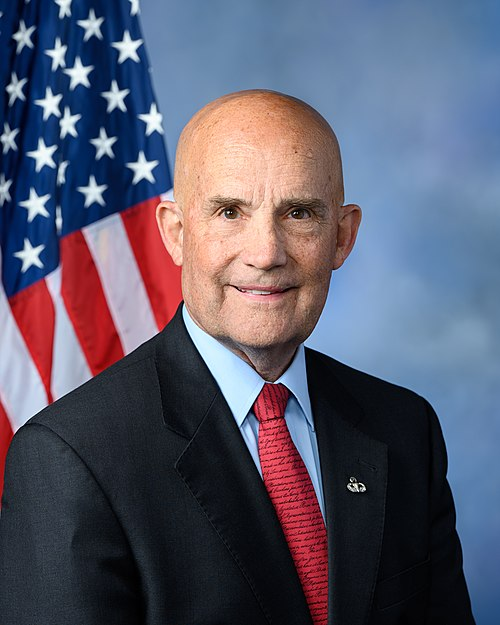
Co-Sponsor
-
TrackJefferson Shreve

Co-Sponsor
-
TrackVictoria Spartz

Co-Sponsor
-
TrackW. Gregory Steube

Co-Sponsor
-
TrackMarlin A. Stutzman
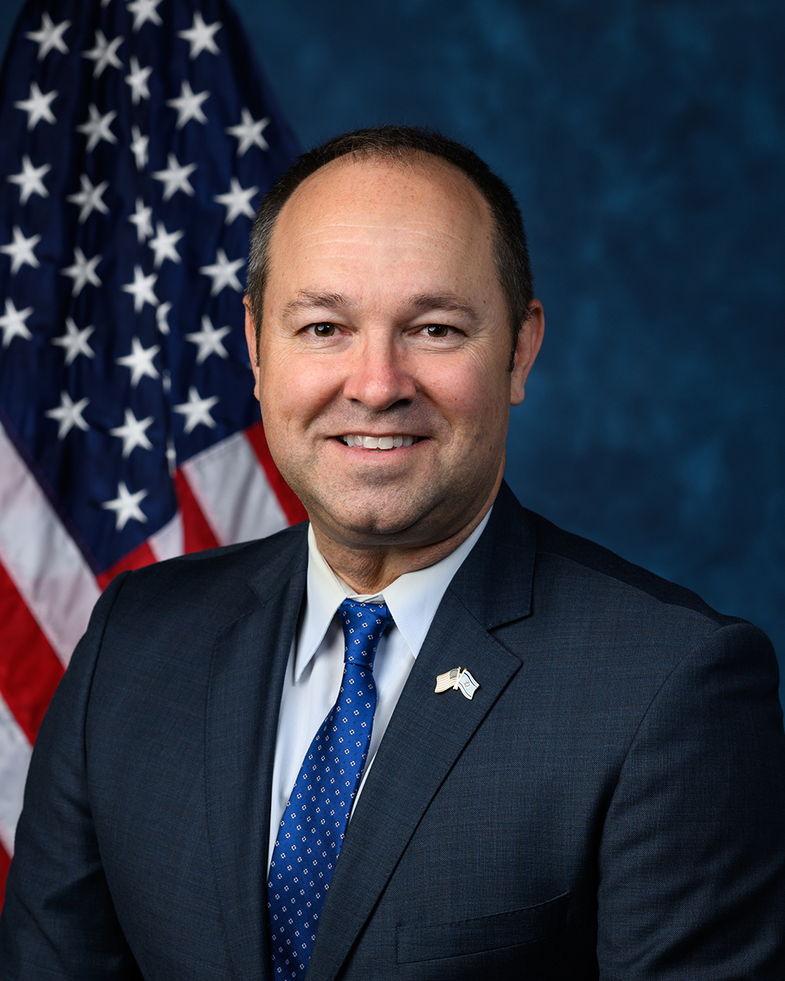
Co-Sponsor
-
TrackDavid Taylor

Co-Sponsor
-
TrackJefferson Van Drew
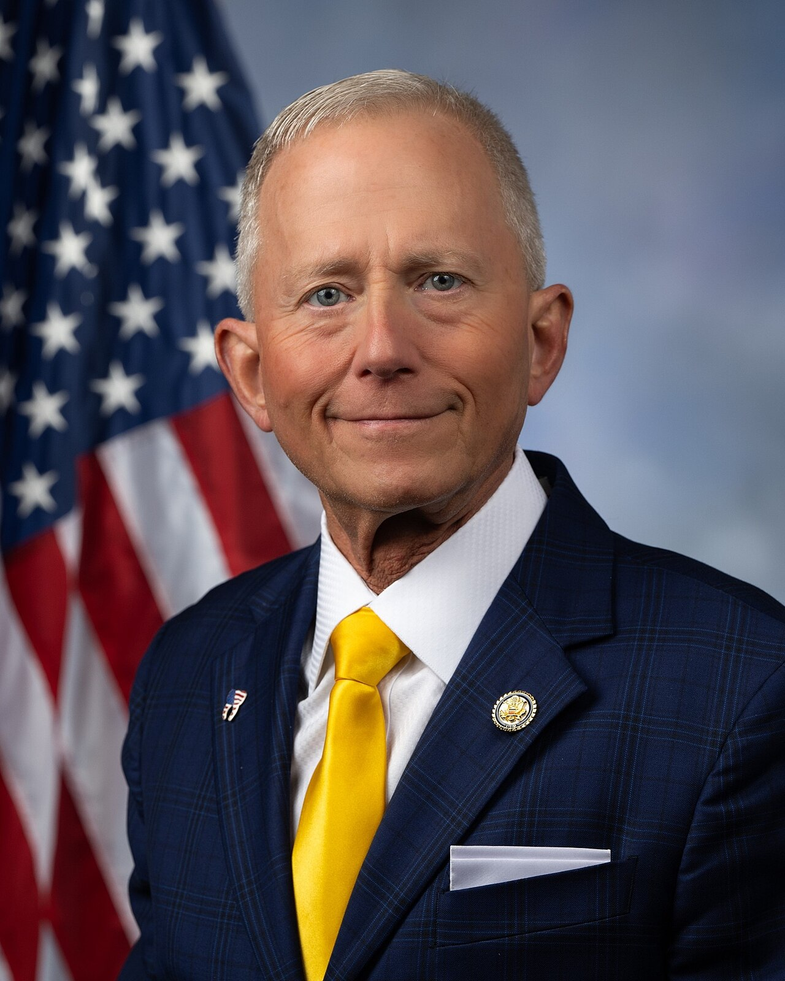
Co-Sponsor
-
TrackDaniel Webster
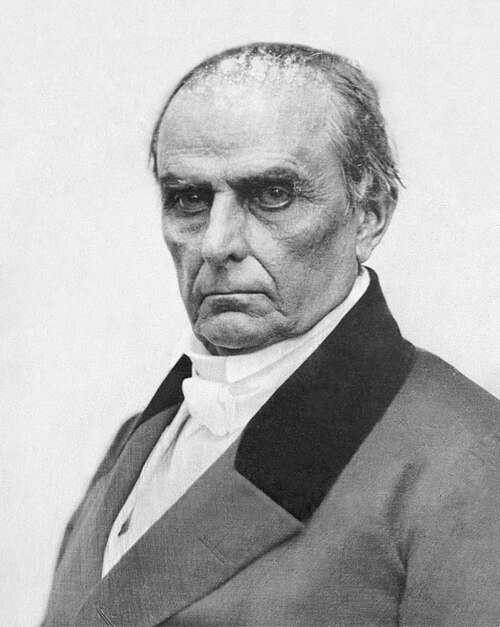
Co-Sponsor
-
TrackTony Wied
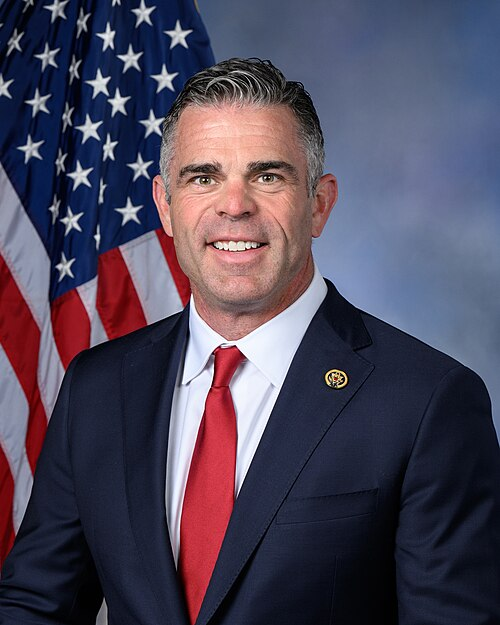
Co-Sponsor
Actions
2 actions
| Date | Action |
|---|---|
| Jun. 24, 2025 | Introduced in House |
| Jun. 24, 2025 | Referred to the House Committee on Oversight and Government Reform. |
Corporate Lobbying
0 companies lobbying
None found.
* Note that there can be significant delays in lobbying disclosures, and our data may be incomplete.
Potentially Relevant Congressional Stock Trades
No relevant congressional stock trades found.